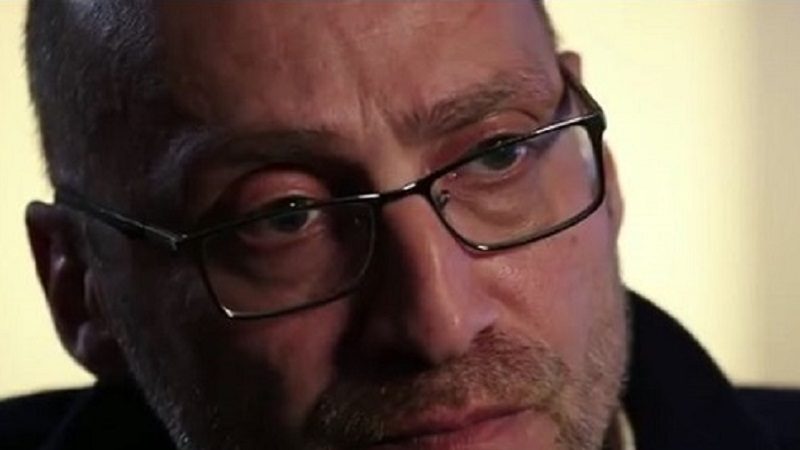Government’s stance on granting whistleblower protection to former anti-money laundering agency (FIAU) investigator Jonathan Ferris has laid bare the malaise in the system and the urgent need for institutional reform.
Ferris has so far been denied whistleblower protection after government asked him to disclose all the information he has at hand.
After demanding protection, Ferris was asked by a unit within the Office of the Prime Minister unit to disclose all information he had before actually being granted whistleblower status.
In other words, Ferris, who claims to have been fired from the FIAU as he was about to investigate the highest officials of government, including the Prime Minister, is being asked to pass on evidence he might have against Joseph Muscat to Joseph Muscat himself.
Among others, Ferris said he will produce documents alleging millions of euros were processed by the private bank Pilatus Bank for powerful Azerbaijanis.
Slain journalist Daphne Caruana Galizia had accused the Prime Minister’s wife, Michelle Muscat, of owning an offshore company, Egrant, which received a payment of more than €1 million from a company owned by Leyla Aliyeva, the daughter of Azeri dictator Ilham Aliyev.
According to Caruana Galizia, the payment was received in an account Egrant held at Pilatus Bank, which she also said held accounts for offshore companies owned by the Prime Minister’s Chief of Staff Keith Schembri and star minister Konrad Mizzi.
In a judicial protest, Ferris, who was axed from the FIAU in 2017, asked the Attorney General to grant him whistleblower protection due to information Ferris has regarding corruption, abuse of power and money laundering.
Moreover, Ferris has filed an unfair dismissal claim before the Industrial Tribunal, but an affidavit he filed in the case is being opposed by the Attorney General – who also chairs the FIAU – due to confidentiality and secrecy rules.
This has exposed the weakness of the Whistleblower Act as not only Ferris is being asked by the Prime Minister’s Office to reveal information he might have on the current administration but it has also exposed the Attorney General’s clear conflict of interest.
The Attorney General, who chairs the FIAU and who is opposing Ferris’ unfair dismissal claim heads the same office which decides if someone should receive whistleblower status or not.
This gives rise to a number of questions. Should requests for protection be processed by the Prime Minister’s office? Can a whistleblower such as Ferris or the Russian whistleblower Maria Efimova actually trust the present Attorney General with granting protection on a damning case against the Prime Minister and other high ranking officials?
Can whistleblowers trust an institution which, over the past years, has failed to act on reports issued by the same institution? Can a whistleblower trust an institution which acts as government’s main legal advisor and prosecutor.
This contrasts with the protection granted to whistleblowers who divulged information about previous administrations, as was the case with the works-for-votes scandal in Gozo. But the real test for the Whistleblower law comes when someone comes forward with information against the government of the day and not one involving the government of yesteryear.
Only when positions such as the Attorney General are occupied by people enjoying the full trust of the country can whistleblowers feel safe to come forward with information and expect action to be taken while they are accorded full protection by the authorities.
This reinforces the need to have an Attorney General appointed by a two-thirds majority in Parliament after going through a public grilling, not only by MPs, but also by civil society. Only then can institutions be trusted and ensure that these serve the national interest and not that of the party in power.












